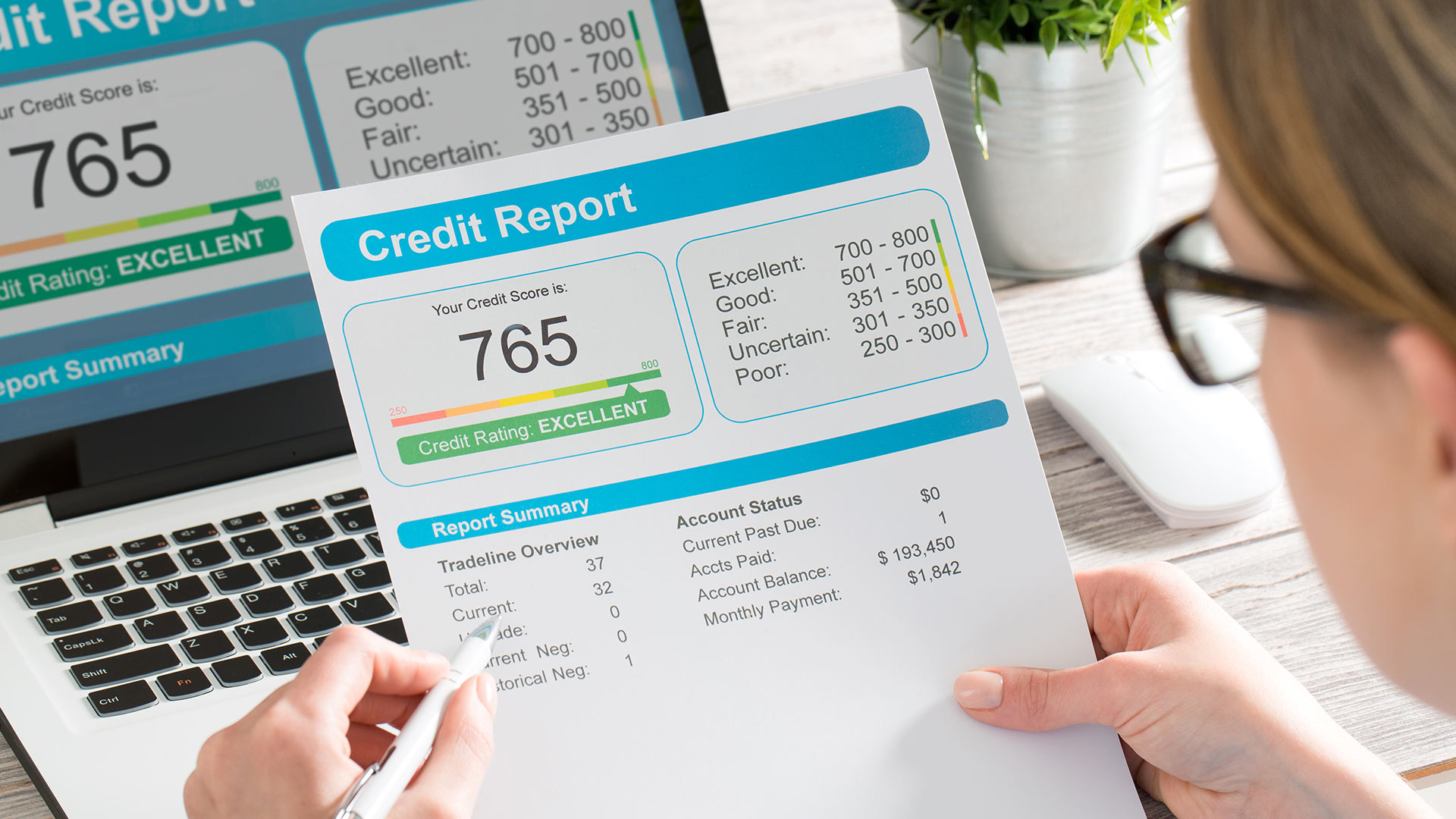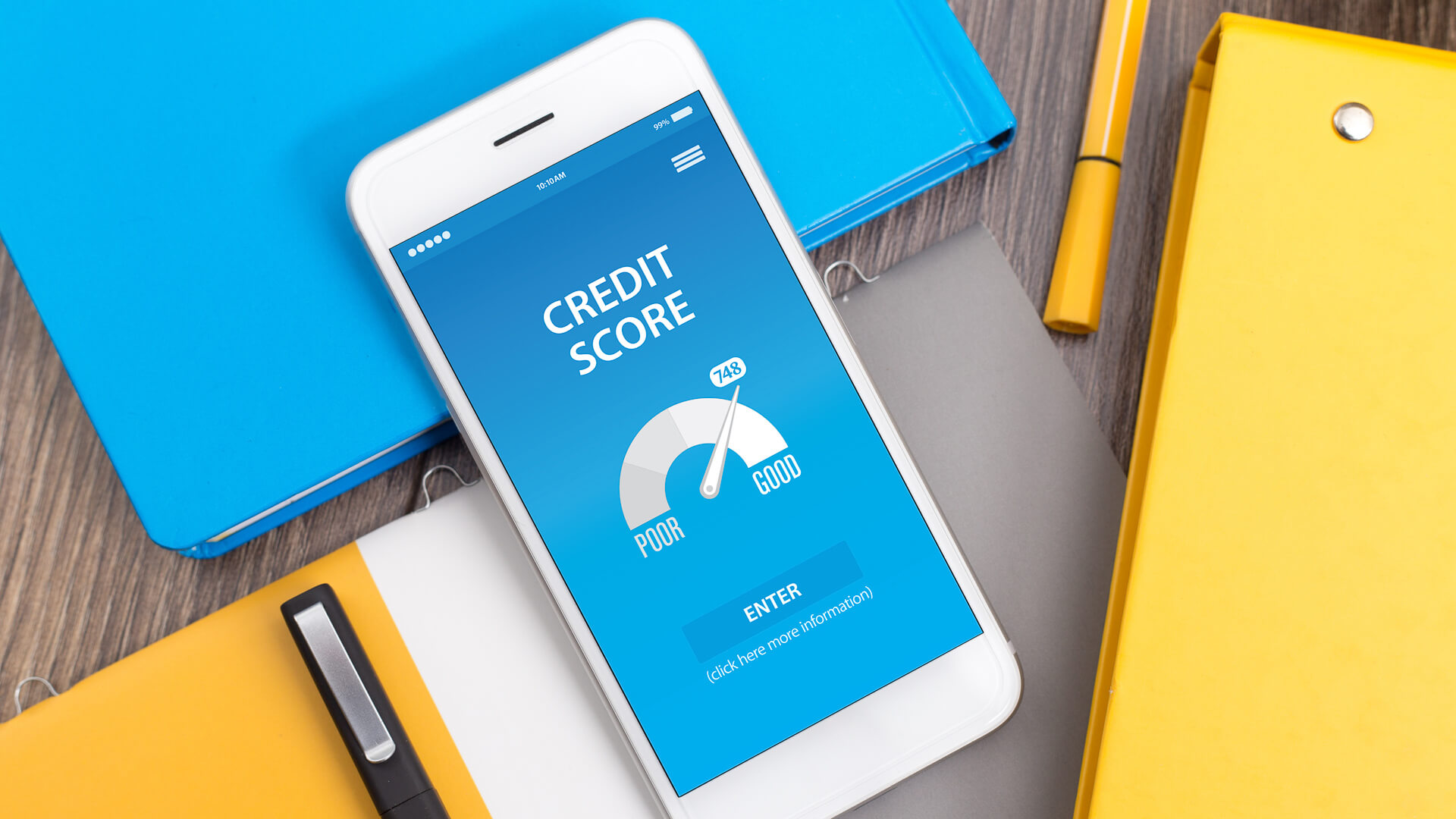Enhanced equity driven by greater residence worths and recovering credit scores are producing increased need for cash-out refinacings, which have actually risen to a post-recession high.
Cash-out refinancings are being utilized more frequently than anytime because the end of 2008, when the housing boom ended as well as the Great Economic crisis of 2008 was simply getting started.
Forty-nine percent of all home refinancings in the very first quarter of 2017 included cash-outs, according to Freddie Mac– the highest possible portion since the end of 2008. The top for cash-outs was the 3rd quarter of 2006 when 89 percent of house borrowers took squander.
As a residence surges in worth and homeowners obtain more equity in their home mortgage, refinancing allows consumers to replace their mortgage with a bigger one while utilizing the difference between the old equilibrium and the brand-new home mortgage to invest nevertheless they want. They’re typically made use of to spend for college, residence repair services as well as repaying debt such as credit cards.
As an example, if you have a $150,000 mortgage equilibrium and your home worth is $250,000, you have $100,000 in home equity, or 40 percent of the house’s value.
You typically wish to retain at least 20 percent equity after refinancing, so in the above situation you ‘d have $50,000 available to borrow and take out in money. Your new mortgage would be for $200,000, though this does not make up shutting prices that can be rolled into the home mortgage.
Various other types of cash-out refinancing include a home equity funding or a house equity line of credit, or HELOC.
What it means to homeowners
Climbing residence prices are in charge of most of the cash-out rises, though only if borrowers have built up sufficient equity, says Raymond Eshaghian, head of state and Chief Executive Officer of Greenbox Loans in Los Angeles.
” Without equity there’s no cash out,” Eshaghian says.
Having enough equity can make it easier for people with much less than ideal credit score to take cash out of their residence, he states, enabling them to settle financial debt and also clean up their credit score.
” We’re seeing a lot of consumers who intend to take cash out and look after economic commitments,” such as credit card financial debt, says Eshaghian, whose business focuses on non-qualified mortgage loans.
Climbing residence costs as well as low rate of interest make cash-out refis appealing, particularly for individuals with reduced credit report who may not have actually gotten approved for cash-out refis till lately, claims Ed Hoffman, head of state of Wholesale Funding Corp. in Moreno Valley, Calif.
” A 580 (credit rating) score is not a person who’s a full derelict yet is somebody who has had some difficulties” and needs aid, Hoffman states.
A person who experienced a repossession, personal bankruptcy or various other significant economic occasion years earlier throughout the real estate dilemma might now have the ability to get back right into the real estate market, developing a higher demand than there is of supply as well as pushing home costs up, Hoffman says.
” Consequently, home owners who have currently gotten and also don’t intend to sell currently find themselves with a significant increase in equity they really did not have previously, as well as it’s available for squander refis,” he claims.
Lenders aren’t always supplying incentives for cash-out refis or decreasing the qualifications, “but it’s certainly much easier to certify a consumer for a $20,000 cash out to settle their cars and truck if they have $60,000 of equity in their house,” Hoffman states. “That’s what’s audit for the boost.”
Less cash out than in previous years
FHA home loans permit 85 percent cash outs, suggesting that only 15 percent equity is required in FHA loans, Eshaghian says. Many various other fundings permit 75 percent squander and also 25 percent equity, he states.
In 2008 up to 100 percent squander was enabled, Eshaghian says. “That’s not really readily available today,” he claims, with revenue verification and also various other documents needed currently. “You actually didn’t have to do much to certify back then,” he claims.
Although more individuals are taking squander of their houses, they’re taking out much less money. An approximated $14 billion in internet residence equity was squandered in the initial quarter of 2017, below $19.1 billion in the 4th quarter of 2016, according to Freddie Mac. By comparison, $84 billion was squandered of home equity in the 2nd quarter of 2006.
Americans still had lots of equity in their homes. Home owners had $13.3 trillion in equity at the end of in 2015, up $1.3 trillion from the previous year, according to the Federal Book.
Cash-out costs
Re-financing a home loan and also pulling out several of the equity in money just makes good sense if you’re taking out sufficient money to make the refi rewarding, Hoffman states The ordinary home loan prices $3,000 to re-finance, so getting 30 percent equity to borrow $10,000 doesn’t make sense, he states, yet securing $50,000 could.
Getting a reduced interest rate on the refinanced financing likewise makes sense, Hoffman says, though necessarily cash-out refis cost a little bit more in interest rates– 1/8 to 1/4 factor higher– than a rate-term refi.
Debtors can conserve even more money in the long-lasting by re-financing to what their existing lending term is for. For example, if you began with a 30-year mortgage as well as are five years into it, refinance it as a 25-year loan instead of going back to a 30-year funding.
It’s also worth considering if you’re going to remain in your residence for some time, Hoffman states, including that maybe helpful to do a cash-out refi earlier rather than later if rate of interest increase. “If they prepare to remain in their house for awhile, they can wait it out,” he says of interest rate fluctuations.
For property owners undecided about a cash-out refi, Eshaghian states they shouldn’t worry that home rates have to proceed rising to make a cash-out rewarding. A stagnant market is great, he states, as long as it doesn’t go down and also force homeowners to be under water in their home mortgage.
A home is put up as security in a cash-out refinance, so tackling the added debt needs to be thought about carefully as well as need to be a regular monthly payment you can pay for.




